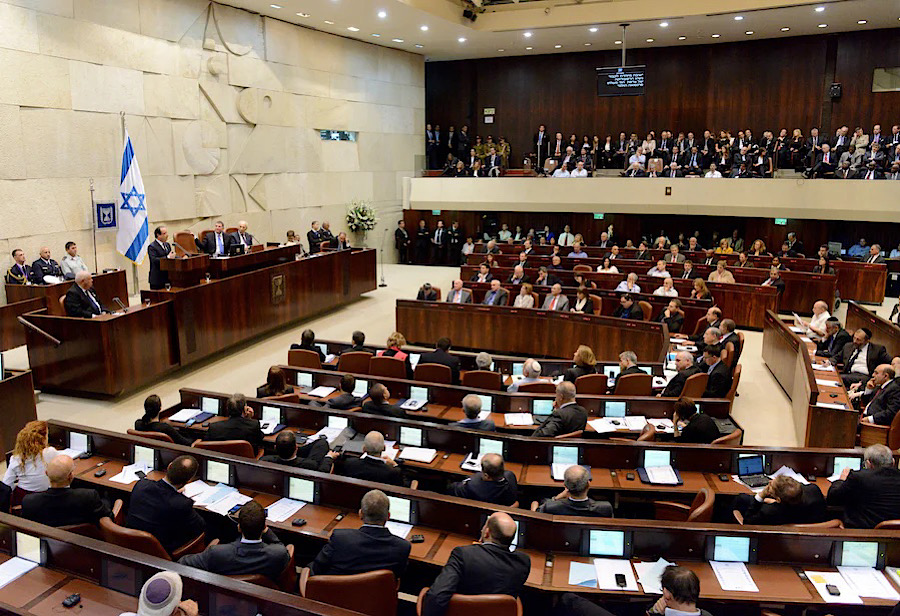Israel like China: cameras and facial recognition to control the population
While Israel’s parliament is on recess for high holidays, one committee expedites one a bill advanced by Ben-Gvir and Levin to allow the police to use cameras for the identification and proactive or retroactive analysis of images. Activists and critics fear the law will be used in an abusive and twisted manner.
Jerusalem (AsiaNews) – Israeli and Palestinian activists are worried by a bill that risks increasing the powers of the state to control the population, Chinese-style, invading the personal sphere and limiting people's rights.
Israel’s Ministerial Committee for Legislation last week approved a bill promoted by National Security Minister Itamar Ben-Gvir and Justice Minister Yariv Levin that would allow and regulate the use of facial recognition technology in public places.
As the government sought to expedite the bill, the latter was the only item on the agenda for the special session, as the Knesset is in recess for the High Holidays.
The proposed law would let the Israeli Police use facial recognition cameras to analyse, proactively and retroactively, footage to zero on specific individuals or illegal activities.
For the bill’s backers, “These uses allow the police to trace the identity and location of suspects and therefore are a useful and effective tool for recognizing and preventing crime and [. . .] protect the peace and safety of the public”.
Specifically, the use of the technology will be limited to cases of “severe crime”, which is defined as crimes carrying a minimum sentence of seven years in prison as well as a specific list of other crimes stipulated in the legislation. It is likely, however, that it will be used and abused when acts of violence and terrorism are involved.
Levin and Ben-Gvir first submitted the bill in February, but it stalled from a lack of specificity regarding when and where the technology can be deployed.
Previous governments tried to adopt facial recognition technology as a security tool, like under Prime Minister Naftali Bennet and during Justice Minister Tzipi Livni’s term in office in 2013-14.
The bill currently before the Knesset contains a provision that would require all data obtained by the facial recognition software to remain confidential and be deleted within 72 hours, unless directly relevant to ongoing and specific law enforcement operations.
What is more, according to the current draft, in order to use the technology, police will have to name a specific suspect location that will be approved by a senior officer
Critics and activists say the proposed legislation has no oversight mechanism. This is worrisome since, in 2020, a police source said that law enforcement agencies already collected information about the movements of Israelis not suspected of any crime in a secret database.
At the time, police said that the system’s use was “validated by judicial means and used in an orderly fashion when needed.”
Backers of the bill claim that it is being advanced as part of a legislative effort to fight crime in Israel’s Arab community.
Ben Gvir has come under heavy criticism for handling an alarming record-breaking rise in killings in Israel's Arab communities.
According to the Abraham Initiatives, an anti-violence advocacy group, 174 Arabs have been killed so far this year, including 165 Israeli Arabs, mostly in shootings, up from 77 last year.
The use of cameras and facial recognition has long been a practice used against Palestinians.
Two years ago, Breaking the Silence revealed that the Israeli army began using a programme in 2019 based on new technologies with thousands of photos and highly invasive surveillance methods, which it defined as the “digitisation” of the occupation.
Similar to a model used in China, the technology, called "Blue Wolf", collects images and cross-references them with a database run by the Israeli military that warns soldiers if an individual should be detained.
The surveillance network also includes the "White Wolf" application, used by security officials in West Bank settlements to provide information and identify Palestinians before they enter Jewish settlements to work.







.png)










